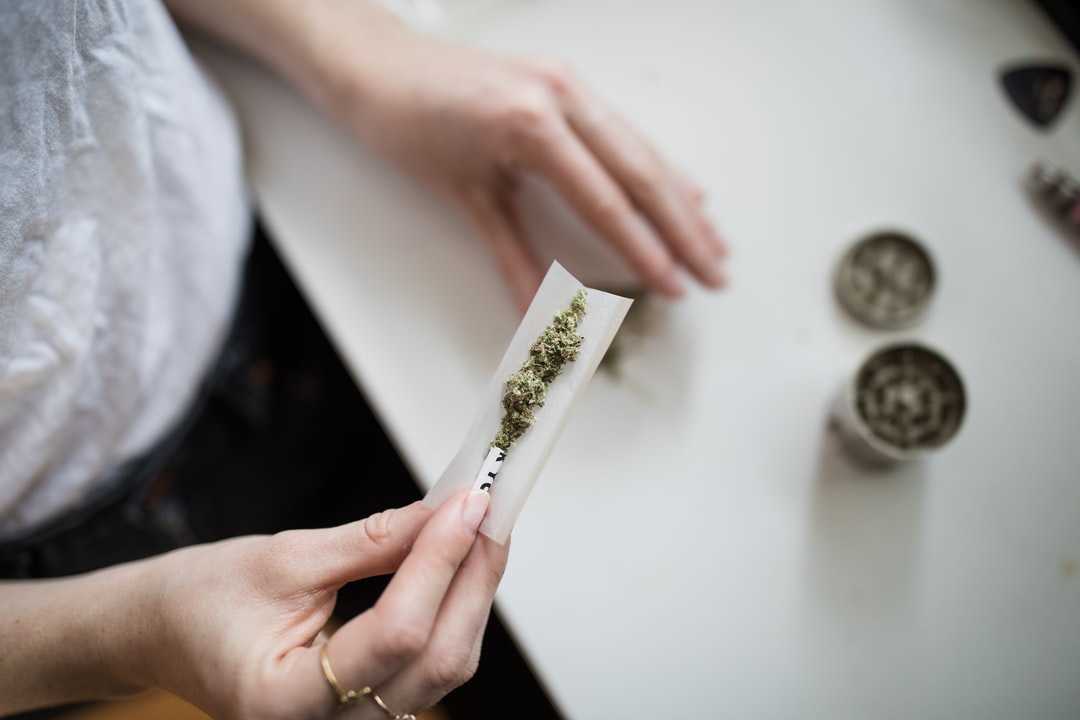The life insurance application process is pretty painless. Even the medical exam is painless, depending on your tolerance for pain during the blood test.
What’s that? You didn’t know they draw blood during your medical exam?
Well, they do. And these blood and urine samples (oh, they ask for that, too) have one main goal: testing for drugs.
You’ve probably had to go through a drug test at some point before, whether it’s for insurance purposes or for an employer. And it can be nerve wracking, even if you don’t think you’ve done anything wrong. There’s the fear that some little thing will go wrong and get you caught.
But your medical exam in general and drug test in particular are important in determining what your coverage and premium rates will be. The last thing you want is a false positive that makes the insurer think you’ve got something in your system that you actually don’t. (Hint: drug use can also affect other types of insurance, like car insurance. Or homeowners insurance.)
If you want to make your life insurance drug test go smoothly, here are five things you should absolutely avoid.
Learn more about buying life insurance if you've used drugs
Drugs
Come on, you saw that coming, right?
Not to turn this into an after-school special, but the easiest way to pass a drug is to just not do drugs. If you don’t do drugs, well, good job! It’s one less thing you have to worry about, and your biggest concern during your paramedical exam will be not passing out if you get lightheaded when your blood is drawn.
If you do do drugs, you could always stop before your exam in the hopes of getting a clean bill of health. There are two things to keep in mind with this.
First, you shouldn’t lie during your life insurance application process. If the insurer finds out that you knowingly lied about your health status, they can void or change the terms of your policy depending on how big the lie was.
Second, quitting doesn’t necessarily mean that you’ll pass the drug test. For example, THC, found in marijuana, can remain in your system for months. You’ll need to do a little more long-term planning for this plan to work; stopping cold turkey right before your exam doesn’t mean traces won’t get caught.
If you’re a drug user, you can still find affordable rates.
Learn more about the best life insurance companies for marijuana users
Prescription drugs
Now onto the other kind of drugs.
You shouldn’t stop taking needed prescription drugs. But prescription drugs are still tested for in drug tests for two reasons: one, because prescription drug abuse can be just as rampant and harmful as illegal drug use, and two, so an insurer knows exactly what you’re taking for medical purposes.
Shouldn’t the insurer know beforehand? Absolutely. When you apply for a life insurance policy, you should disclose any health risks. But maybe you accidentally left something out, or you deliberately didn’t want to disclose, say, a heart condition. (Again, don’t lie on your application. Seriously.) This way the insurer knows what conditions you have and what you’re doing to treat them.
You need to know what prescription drugs you’re taking in case you need to produce a prescription for them to prove that you are, in fact, authorized to take them. If and when everything checks out, the insurer won’t have a problem with your medication.
Can you be denied life insurance due to your prescription history?
Eat certain foods
We’ve all heard the that poppy seeds can result in false positives on drug tests. And it’s more than a myth – it’s actually true.
Heck, MythBusters did an episode about it. Poppy seeds can trigger false positives for opiates.
Eating a few poppy seeds likely isn’t enough for the false positive, but if you’re a fan of poppy seed bagels or cake, maybe take them off the menu leading up to your drug test.
There are other foods that can result in false positives. Teas that have hemp oil or coca in them, quinine in tonic water, or some snack bars can also raise red flags in your drug test.
Most modern day drug tests are sophisticated enough to distinguish between actual drug use and small amounts of chemicals that come along with certain food, but large enough doses can still trip up a system and delay your test results and therefore your policy.
Take OTC cold medicines & supplements
A cold isn’t fun for anyone, but if you’re having your drug test you might need to suffer with the sniffles for a few more days.
Over-the-counter cold remedies like Nyquil, along with nasal sprays, cough syrups, and sinus treatments can trigger false positives for everything from amphetamine to opiates to MDMA, aka ecstasy. Allergy medicine like Benadryl and Claritin-D can also cause problems, and if you have a headache leading up to your drug test, shelve the ibuprofen, whether it’s generic or a name brand like Advil, and take some aspirin instead.
But don’t think it’s just FDA-approved medication that are the culprits. Vitamin supplements, specifically vitamin B supplements, can be flagged for traces of THC – usually a sign of marijuana use (which, incidentally, is also not FDA-approved).
Fall for cleansers
You’ll find a lot of products out there that claim to cleanse your systems of drugs. While you can’t really blame entrepreneurial spirits for taking advantage of an opening in the market, there isn’t any evidence of cleansing and detox drinks actually working.
Most drinks attempt to help you fool a drug test by diluting your urine. This can be its own red flag — a urine sample that’s over-diluted might call for a retest — and they won’t do anything in the way of blood tests, which is more common than a urine test in life insurance medical exams.
In short, don’t waste your money on anything that’s guaranteeing a clean drug test. Time is the best way to get any drugs out of your system.
Keep in mind that none of these are guaranteed to make you fail your life insurance drug test. Drug tests are pretty sophisticated these days and are good at sifting through the fakes for the information insurers really need. And there aren’t any excuses for lying on or trying to cheat your life insurance drug test and application. It doesn’t help the insurer or your family to pull any tricks — and you could risk their protection if you get caught.
When you’re ready, compare life insurance quotes and easily apply online with Policygenius. We’ll help you figure out what you need and the the best way to get it.



